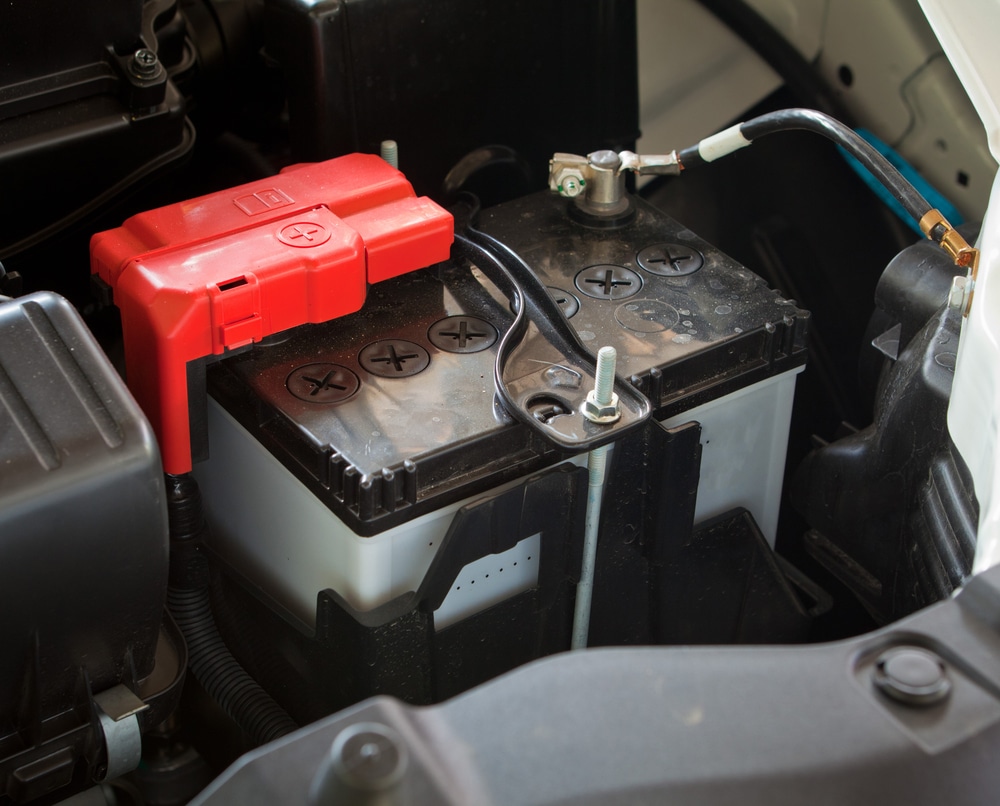
Electric vehicles are becoming increasingly popular. Some suggest this may be due to changing consumer preferences, such as the rising desire among eco-conscious drivers and global companies to reduce fossil fuels. But what is the lifespan of an electric battery, and is it worth it?
As technology evolves, it’s understandable that more people will have questions about EVs and their components. Below, Dynamic Manufacturing breaks down a few details so that you can start getting excited about these amazing low-emissions vehicles.
The Growing Significance of Electric Vehicles
Electric cars are becoming increasingly important in a world that finds consumer solutions to lower fossil fuel emissions. In fact, according to the IEA, the total number of EV sales will exceed 10 million this year. That’s an unprecedented achievement for the industry and sustained by the countless cities transitioning to EV-friendly infrastructure.
If you’re one of the consumers joining the ranks of electric vehicle owners, understanding the finer points of repairing and managing electric vehicles will soon be part of your daily life.
Importance of Understanding EV Battery Lifespan for Manufacturers
Manufacturers create electric cars with specific expectations regarding battery lifespan and charging distance. For example, typical batteries for modern EVs get 250 to 500 miles per charge. The lifespan of these EV batteries will affect car maintenance schedules and even the warranties a manufacturer can provide, so it’s important to get the balance right. Understanding the factors contributing to battery aging is crucial for manufacturers to design more efficient and long-lasting EVs, ultimately improving customer satisfaction and reducing long-term costs.
What Is the Lifespan of Electric Car Batteries?
How long do EV batteries last? Most last between 8 and 12 years, but this may be shorter if you regularly use your electric vehicle.
Another common measure of lifespan is through total miles driven. EV manufacturers such as Tesla offer battery warranties under 100,000 total miles for battery failure and degradation.
Key Factors Influencing Electric Car Battery Lifespan
Below are some of the most important factors impacting EV batteries’ total life expectancy:
Battery Chemistry and Composition
Modern EVs use one of two main types of batteries: lithium-ion and nickel-hydride.
- Lithium-ion batteries are the most common because they are lightweight and energy-dense.
- Nickel-hydride batteries are more durable. However, they don’t hold a charge as long and perform poorly in higher temperatures.
Temperature and Climate Conditions
Temperature is one of the most important factors that affect vehicle battery performance. All other things being equal, EV batteries thrive at 68 to 86 degrees F. However, performance can suffer if the battery faces extreme temperatures interfering with the chemical processes that generate electrical energy.
Charge and Discharge Cycles
As we’ve seen from smartphones and laptops, the charging frequency also affects battery life. Every discharge/recharge cycle strains your battery, accumulating over time.
Manufacturers rate EV batteries for around 1,500 to 2,000 charge/discharge cycles (when the battery discharges from 100% to 0% and then recharges from 0% to 100%).
Additional Read: How High-Voltage Batteries Are Enabling Electrification In New Markets
Battery Maintenance and Management
What is the lifespan of an electric car battery with proper maintenance? The key to extending the lifespan of an electric car battery is maintenance. The following practices help you get the most out of an EV battery to maximize its lifespan:
Proper Charging Practices
Manufacturers typically recommend keeping the vehicle’s battery charged at 30% and 80%. A 100% battery charge will take you further, but fully charging an EV battery can strain the system unnecessarily. An occasional 100% charge for a long trip is fine, but it shouldn’t be the norm.
Battery Health Monitoring
Like traditional internal combustion engine cars, EVs need regular maintenance, including testing your battery’s condition. EV owners can test their car’s battery health at home through various apps that show the total distance remaining on their battery and compare their usage to other users. It’s an easy way to identify problems with battery performance.
Predictive Analytics and Machine Learning
Many manufacturers also use predictive analytics and machine learning algorithms to track and self-tune battery performance. Incredibly, these smart battery systems learn efficient ways to conserve energy, minimize damage, and dynamically change via feedback mechanisms.
Strategies for Prolonging Battery Life
Prolonging battery life is a top priority for manufacturers. Many are incorporating several strategies to that effect, such as
Battery Pack Design and Engineering
Modern battery pack designs use more efficient materials and shapes to aid in thermal heating. This design protects the battery from excess heat and damage. More efficient charging technology can also reduce the stress of charge/discharge cycles on the cells, allowing more overall cycles.
Recycling and Second-Life Applications
As EV vehicles become more popular, the defunct EV batteries piling up will also grow. Recycling and second-life applications seek to repurpose EV batteries for alternative uses at the end of their vehicle-based lifespans. That’s why manufacturers are starting to design EV batteries with recyclability in mind, which may further increase their usable lifespan.
How Much Do Electric Car Batteries Cost?
As the EV car’s most expensive individual component, EV batteries vary significantly in cost depending on battery type and manufacturer. A current challenge of modern EV manufacturing is lowering the production costs so that battery replacement costs can be lower for consumers.
The Bottom Line
EV battery lifespan remains one of the largest stumbling blocks to the widespread adoption of EV cars, but how long do EV batteries last when looked after properly? With modern advances in EV battery technology and proper maintenance, EV batteries can perform alongside traditional vehicles. And as battery materials and charging technologies expand, these batteries will last longer and become popular for both personal and commercial services.
So, what will an electric car battery’s lifespan be in the future? That’s a question foremost on the minds of industry experts like Dynamic Manufacturing, which specializes in machining, engineering, logistics, and more. If you want to chat with a family-owned and operated manufacturer about the future of your new EV, call (708) 343-8753 today!




